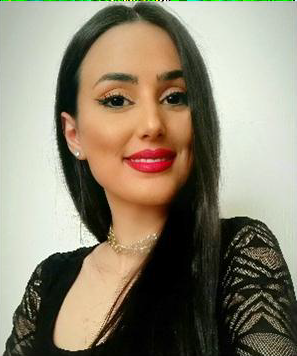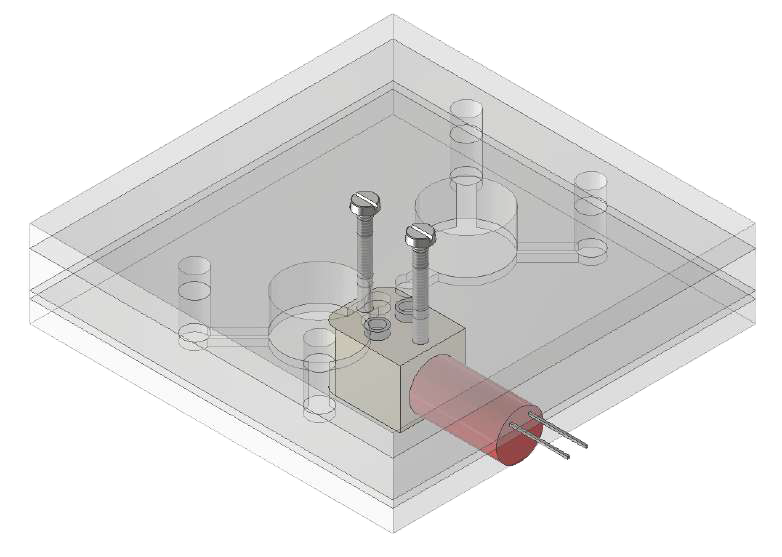

The PERSEO Project, funded by the Regione Lazio, is driven through the realization of a multidisciplinary platform that provides a competitive advantage to companies in the Lazio biomedical sector by developing and making available innovative "organ-on-a-chip" models for pre-clinical medicine testing. In the framework of the PERSEO project, to validate the proposed platform, an experiment aimed at the investigation of the Neuron-Pancreas axis has been developed, highlighting the effect of possible pancreas deficiencies (by means of chemical communication between the two cell populations) in the behavior and functioning of the neurons. Microfluidic devices make it possible to replicate the pathophysiology of different diseases in vitro. Using these systems, animal testing can be reduced, and they can be used instead of simple 2D culture systems.

Eugenio Martinelli is Full Professor at University of Rome Tor Vergata. He graduated with honors in Electronic Engineering in 1999 at the University of Rome Tor Vergata, with a thesis entitled “Project and realization of a multisensory system for the identification of lung cancer” and in 2003 he received his doctorate in artificial sensorial systems and learning at the same university with a thesis entitled “Investigation on alternative approaches to chemical sensors data treatment”. In 2002 and 2003, during his doctorate, He was “visiting Ph.D. student” [Marie Curie Fellowship] at Linkoping University in the group of Professor Lundstrom.
From 2004 to 2008 he worked at the Department of Electronic Engineering of University of Rome Tor Vergata as a postdoc. From October 2008 to 2014 he was an assistant professor at the university faculty of engineering at the same university. Since 2015 he has been an Associate Professor in the same department. His activity is mainly focused on sensor and sensorial system development, pattern recognition algorithms, Lab-on-chip, and their application in the medical, industrial, and space scenario. He is author of more than 240 publications in international journals and congresses (with more than 5200 citations and an H index equal to 40) and seven
patents.
Arianna Mencattini is Assistant Professor at University of Rome Tor Vergata. She graduates in Electronic Engineering on July 4, 2000 with the thesis “Processing of signals in fuzzy logic: applications in approximation of nonlinear functions and filtering of SAR images with a final vote of 100/100 cum laude at the University of Rome Tor Vergata. In 2000-2001 she attends a graduate course in “Principles and Methods for Engineering Microstructures”, at the Department of Electronic Engineering, University of Rome Tor Vergata. In 2001 she wins the competition for the award of a Young Researchers Grant by presenting a research topic entitled “Fuzzy Logic Systems. Approximation of functions for filtering images” at the University of Rome Tor Vergata. On February 16 2004, she discusses the Ph.D. thesis “Fuzzy logic systems for modeling. Theory and applications in the field of engineering” and takes the PhD degree in Telecommunications Engineering and Microelectronics at the University of Rome Tor Vergata. From September the 1st 2004 to July 31st 2005 she has a scholarship within the Sixth Framework Programme of the European Community on a theme entitled “Study of methods for reducing the effects of dispersion phenomena in semiconductor devices such as GaAs” at the University of Rome Tor Vergata.
From November 1st 2022 she is Associate Professor in Ing-inf/07, at the Department of Electronic Engineering, University of Rome Tor Vergata. She has been a member of the IEEE Society and at present of the Italian Electrical and Electronic Measurement Group and of the Italian Society for Organ on Chip (SIOOC).
She is actually Professor of an Image Processing course, Master Degree in Electronic Engineering, Master Degree in Medical Engineering and of the Measurement Systems for Mechatronics Course, Master Degree in Mechatronics Engineering. She is co-tutor of several Master Theses in Engineer (Medical and Electronic Engineering, Mechatronics Engineering), with particular interest to themes related to images analysis for medical applications, and on themes concerning affective computing. Since 2017, she worked in video analysis algorithms for the study of moving particles and cells in biological experiments on Organ-on-chips devices. She published more than 130 papers on International journals and conference proceedings, h-index: 21, with more than 1727 citations.
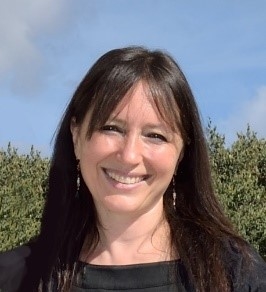
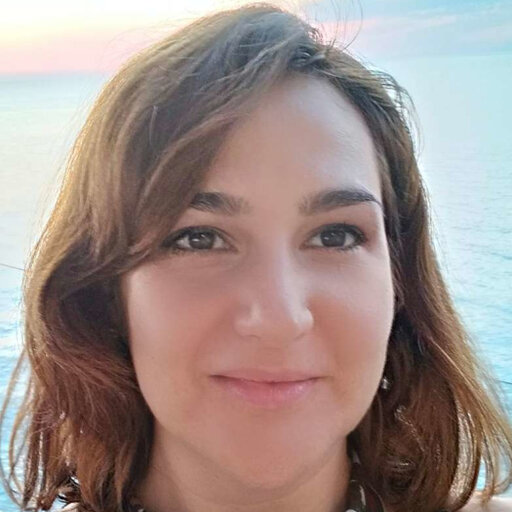
Paola Casti is Research Fellow at the Electronic Engineering Department of the University of Rome Tor Vergata. Her main research activities concern the analysis and processing of signals, images and videos for biomedical applications, Computer-Aided Diagnosis, development of AI-based learning systems, metrological characterization of computerized systems.
In recent years, Paola has been involved in various national and international research projects. She was a member of the team for the PAIN-T-CARE (Personal pAIn assessmeNT by an enhanCed multimodAl architectuRE) project, funded by the University of Rome “Tor Vergata”. She collaborated with the Italian National Agency for New Technologies, Energy and Sustainable Economic Development (ENEA) in a project on microbial inactivation in liquid foods through pulsed electric fields. You are taking part in the C3PO project (objeCtive Postsurgical Pain assessment PlatfOrm) funded by the European Regional Development Fund (ERDF) LAZIO 2014-2020, “Creatività 2020”.
Francesca Chiereghin is a qualified biologist, with a master’s degree in Food and Human Nutrition Sciences, and research experience in the clinical field, both abroad and in Italy.
Her professional career has led her to work closely with different realities, allowing her to acquire operational skills both in laboratory analyzes and in clinical nutrition.
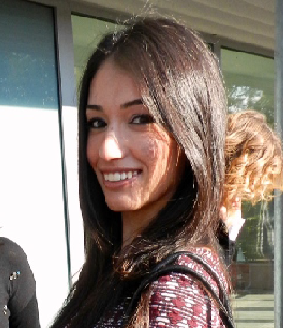
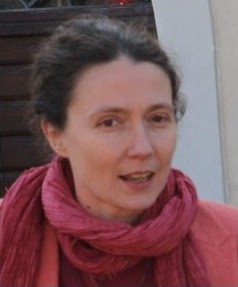
Francesca Romana Bertani is a researcher at National Reaearch Council in the Institute of Photnoic and Nanomaterials.
Among her main research experience there are:
Farnaz Dabagh Moghaddam is a Postdoctoral-Research Fellow at CNR-IFN. Her main research interests are related to: Drug delivery; Cancer research; Nanotechnology; Cell and molecular biology; Cancer biology; Material science; Anti-cancer compounds; Nanomaterial.
